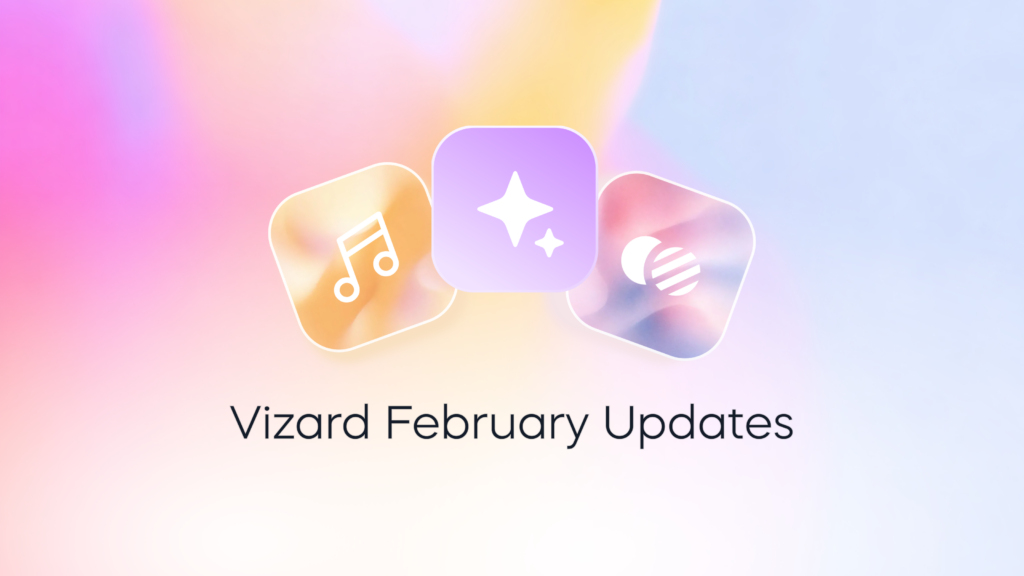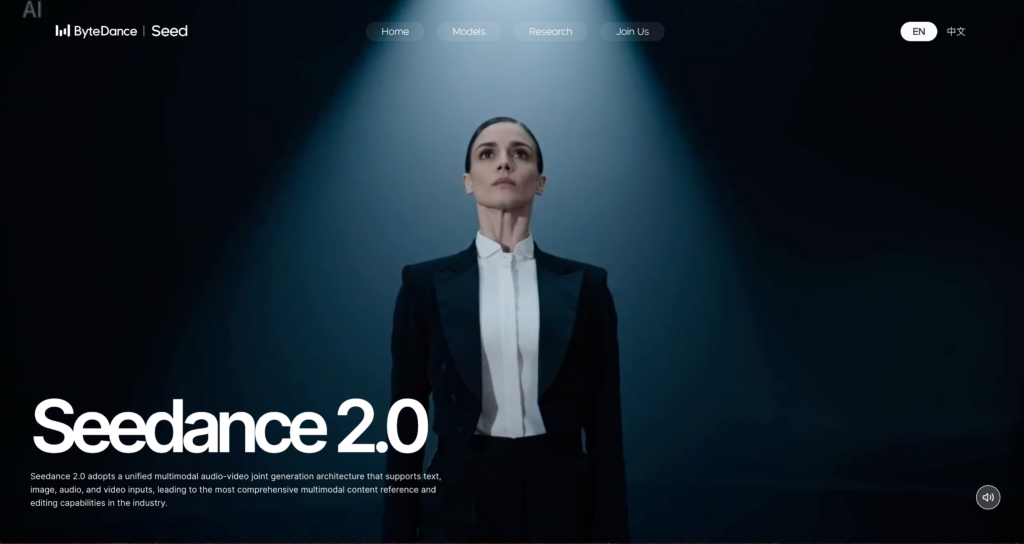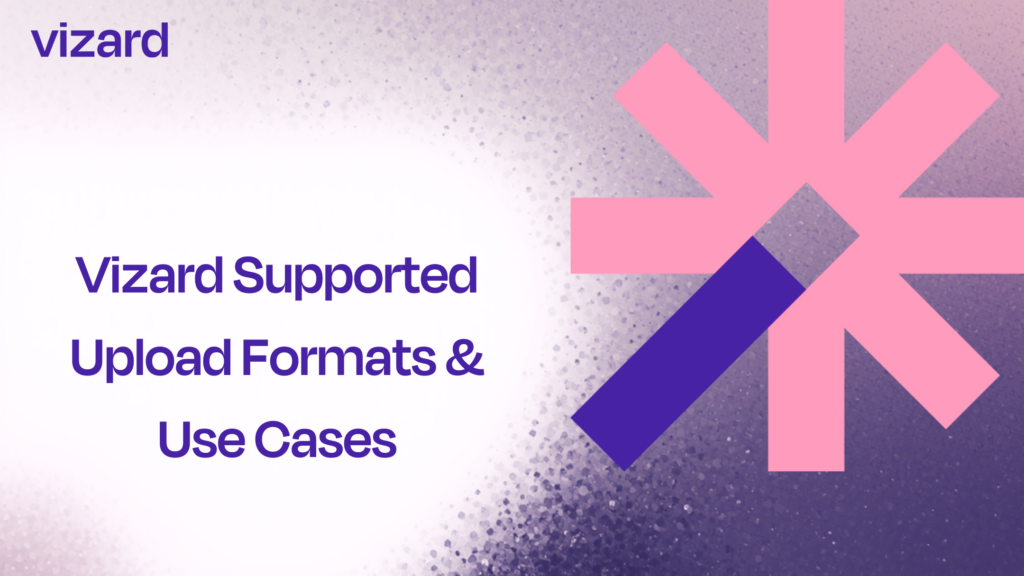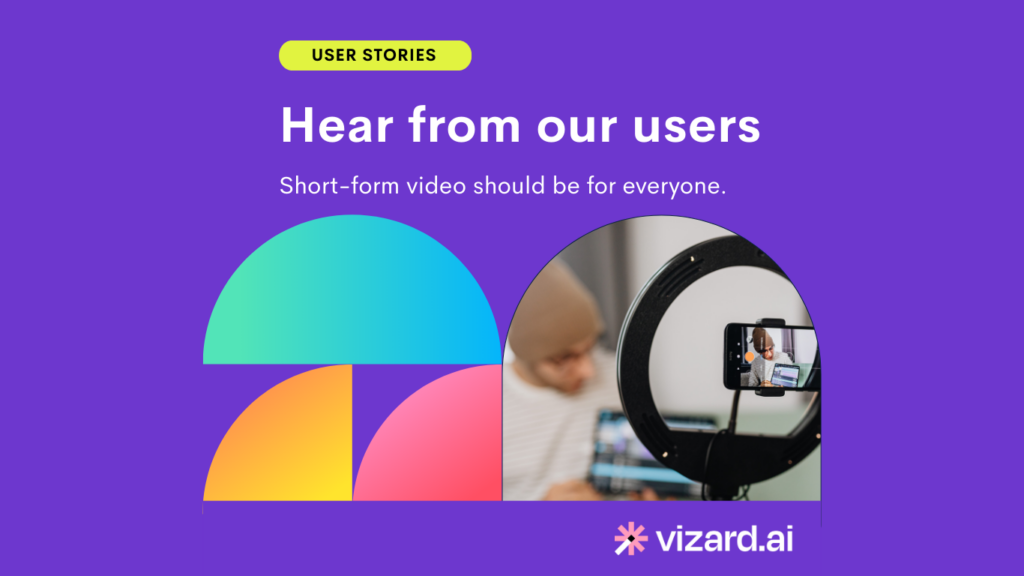So, you’re thinking of creating your own podcast. Good call. There’s an audience out there hungry for information, entertainment, opinions, and more. In fact, 42% of people in the United States 12 and older report listening to podcasts. That’s up from 12% a decade ago. If there’s a topic or genre that interests you, chances are pretty good that it’s also going to pique the interest of others and make good fodder for a podcast.
The trick to podcast success is consistently providing engaging content, adopting best practices in planning and programming, elevating the production quality, and promoting your podcast to attract new listeners and keep current listeners intrigued.
If you’re searching for the best podcast tips for beginners, this article covers the best practices to design, execute, and promote a successful podcast.
Podcasting 101: The Basics
Like all new projects and ventures, the best place to start is understanding the lay of the land. So before you flip on the switch and start speaking into the mic, it’s a good idea to assess the podcast landscape and clearly define the purpose of your podcast and who you’re trying to reach.
Understand the Podcast Landscape
According to a recent study on the podcast landscape in the U.S., Americans are overwhelmingly positive about podcasts’ value to their lives. Almost 45% of adults find podcasts entertaining, interesting, or informative, and 19% think they might like to create their own podcast someday. With the American podcast audience predicted to reach over 100 million listeners in 2024, it’s clear that podcasting is here to stay.
Define a Clear Purpose and Target Audience
While podcast popularity is rising, so is the number of new podcasters looking to launch their productions. This has led some analysts to conclude that the podcast market is becoming overly saturated with too many programs that aren’t finding an audience. It’s clear that new podcasts need to have a clear purpose and target a specific audience to succeed.
If you want to enhance the impact and coherence of your podcast, it’s essential to align its content with your areas of interest and expertise. This will also help position your podcast to attract people who share your subject matter passions. Speak to them with an earnest and consistent voice, and you’ll be setting the stage for a successful podcast venture.
Podcasting Best Practices
The keys to success with any new venture include planning, consistency, and quality control. The following explains how these elements translate to podcast best practices.
Content Planning And Consistency
Once you’ve settled on what your podcast will be about and how it will be presented, set some parameters so your audience will know what to expect when they tune in. If your podcast is about politics, keep your content and guests topical. Keep to the pre-planned storyline if you’re producing a podcast about true crime.
Mapping Out Episode Topics In Advance
As with any business venture — especially one centered on information or entertainment — it’s essential to create a clear path for what you’ll be producing. The best way to do this is to determine your episode topics well in advance. This will ensure that you stay on topic and give you time to research and plan out promotions.
Maintaining a Consistent Release Schedule
Successful podcasts maintain a consistent broadcast release schedule. This dependability is one of the most critical aspects of listener retention. Sticking to a regular schedule will also make it easier for new listeners to find your podcast, as it’s one of the main qualities that helps raise search engine rankings.
Efficiency in content creation is vital for long-term podcasting success. Batch processing, recording multiple episodes in a single session, ensures a consistent release schedule and prevents the stress of last-minute content creation. Planning ahead and dedicating specific time blocks for content creation can break the cycle of feeling pressured by the relentless pace of producing new episodes.
Ensuring High-Quality Audio Production
To captivate and maintain a loyal listener base, prioritizing high-quality audio production is non-negotiable. Superior sound quality is fundamental to your podcast’s success, as it dramatically increases the likelihood of engaging your audience and distinguishes your offering in a crowded market. Commit to excellence in production to ensure your podcast stands out.
Investing in Good Equipment
A high-quality podcast requires an investment in good equipment. Start with a solid computer setup that will afford you enough memory space, has a fast processor, and the type of USB ports you’ll need. While many people start out using their laptop microphone, this is not considered a best practice in the industry. Plenty of quality podcast microphones are on the market, ranging from the higher-end XLR podcast mic to the USB mics often used by beginners. Do your research and get the best microphone that fits into your budget. You can always upgrade as your podcast takes off. Finally, you’ll want a good set of podcasting headphones and a spare pair if you’ll be interviewing guests in the studio.
Essential Tips and Tricks for Podcasting
Focusing on your chosen topic and crafting content that captivates your audience is crucial for encouraging repeat engagement. Equally important is providing an enjoyable auditory and, when relevant, visual experience that delights your listeners and viewers, ensuring they return for more. Follow these successful podcast tips and tricks for creating professional recordings.
Navigating the Technical Aspects: Software, Platforms, and Hosting
Not everyone who enters the podcast space is a tech wizard. But if you’re going to make a go of your new podcast venture, there’s no escaping the need to address the technical side of things. You’ll need to choose what app to use to record and edit your podcast, what hosting service to use, and the best platforms for distribution.
When researching recording and editing software, you have many options to choose from without breaking the bank. Some are even open source. Be sure to take into account whether you’ll be recording remotely or in a studio and whether you’ll be interviewing guests.
As far as platforms and hosting, ensure you’re getting the storage you need, and look at what podcast directories your show will appear in.
Effective Use of Intro and Outro Music
Your intro and outro music selections are critical to your branding. Both establish your podcast’s identity, so these tunes must match your overall vibe. If your podcast explores somber themes, selecting a soundtrack with a melancholy tone can enhance the atmosphere. For a comedy podcast, beginning and concluding with music that exudes playfulness and fun can effectively set the stage for light-hearted entertainment.
Strategies for Securing Engaging Guests or Collaborators
One of the fastest ways to build your audience is to take advantage of the notoriety or following of your guests. Look for guests who have a solid social media following and are well-known in their areas of expertise.
Not only do notable guests help make podcasts more interesting, but they can also use their channels and email lists to promote their appearances on your show. You’ll want to create video clips and other podcast collateral materials that they can send out to their audiences.
Strategic Networking: Be a Guest on Other Shows
On the other hand, guest appearances on other podcasts can significantly amplify your podcast’s reach and credibility. By strategically mentioning other podcasts during your show, you tap into their audience base. When your podcast is listed as related to those you mention, it increases visibility on platforms like Apple. Even without being a guest, this tactic can attract new listeners, broadening your podcast’s influence.
Podcast Production Tips
If you’re looking to achieve a polished, professional sound quality for your shows, it’s essential to adhere to proven production tips for podcasting. These guidelines will elevate your podcast’s auditory experience to professional standards.
Importance of Pre-Production: Scripting and Research
Before going on-air, ensure you’ve done your research. Know your topic inside and out. If you’re interviewing someone, research their background and chart out a list of questions. Create a script that prompts you to cover important points and gives you fodder to fill in any gaps so you avoid dead air. Create tight intro and outro remarks.
Podcast Recording Tips: Environment, Microphone Technique, and Backup Recordings
You don’t need a formal soundproof studio for recording, but you will need a quiet room. In fact, the smaller the room, the better. To muffle outside noise, fill your recording room with noise-absorbing items like carpet, pillows, and upholstered furniture.
If you’re not used to using a microphone, you’ll want to practice your mic technique. Make sure the mic is at a height that meets where your mouth is. Play around with how close or far you will be from the mic when speaking, adjusting your posture and voice to achieve the desired volume. Be mindful of your breathing sounds and practice breath control.
Finally, back everything up, ideally with online cloud storage. You don’t want to be in a situation where you lose all your content due to a crash or glitch.
Post-Production: Editing, Mixing, and Enhancing Audio Quality
Post-production work is vitally important if you want your podcast to come off as professionally produced. There are ample, easy-to-use editing softwares available. Use them to clean up and enhance the quality of your audio.
Podcast Do’s and Don’ts
As you become more experienced, you’ll develop a rhythm regarding how to proceed with planning, recording, editing, distributing, and promoting your podcast. But in the meantime, the following lists of dos and don’ts will help keep you on track.
Dos
Promote Consistently Across Platforms
Be sure to leverage every platform at your disposal to promote your podcast. Don’t be afraid to get creative. For instance, some of the most successful podcasts create social-ready videos to post on Facebook, Instagram, TikTok, LinkedIn, or X, to name a few.
When promoting your podcast on social media, strategically guide your audience. Instead of overwhelming them with numerous podcast platform links, direct them to a centralized location. This could be your podcast’s website or a Link Tree containing various platform links. Simplifying the process enhances the chances of attracting new listeners, especially when they can easily find and subscribe on their preferred platforms.
Stay Updated with Industry Trends and Tools
The podcast industry is constantly evolving. To stay competitive, you must stay on top of the latest trends and technology.
Respond to Listener Feedback Constructively
Heed the podcasting advice of experienced marketers to pay attention to listener feedback, even if you disagree with the comments you’re receiving. It’s important to continuously engage with your audience constructively and professionally.
Don’ts
Avoid Long-Winded Intros Without Content Value
Nobody wants to sit through a long, drawn-out introduction that does nothing to enhance the listening experience. Keep your intro short and sweet so you can get to the actual content as quickly as possible.
Don’t Sacrifice Audio Quality with Poor Equipment or Environment
Ideally, you’ll want to record directly on your computer or device using a podcast mic and in a quiet space. You can have the greatest content in the world, but if the audio quality doesn’t match, you’ll have difficulty getting and keeping listeners.
Avoid Being Too Rigid; Adaptability is Key
Crafting detailed plans can be invaluable, yet there’s a distinct advantage in embracing spontaneity. If you set out to cover a specific topic, but your guest delivers unexpected insights that veer from the script, seize the opportunity. The most memorable and dynamic shows often stem from the ability to adapt and capture the magic of unscripted moments.
Vizard: An All-In-One Solution for Podcasters
There’s a lot to learn when you’re just starting in podcasting. By consistently applying best practices and heeding the podcast advice offered in this guide, you can craft and produce a high-quality podcast that meets and exceeds your target audience’s expectations.
Leveraging Vizard in promoting your podcast can significantly boost the precision and impact of your outreach. Our AI podcast clip generator allows you to create tailored, professional-grade video clips that enhance audience growth across diverse platforms. It also provides you with various pre-set backgrounds, text styles, and layouts, ensuring your content reaches and captivates your intended audience.
Even without specialized video or audio editing expertise, Vizard’s intuitive text-based editor simplifies the process, enabling effortless customization of your entire episode. Additionally, if you need quick and accurate podcast transcription, we’ve got you covered, too! To learn more, check out our tutorials and our FAQ page.








